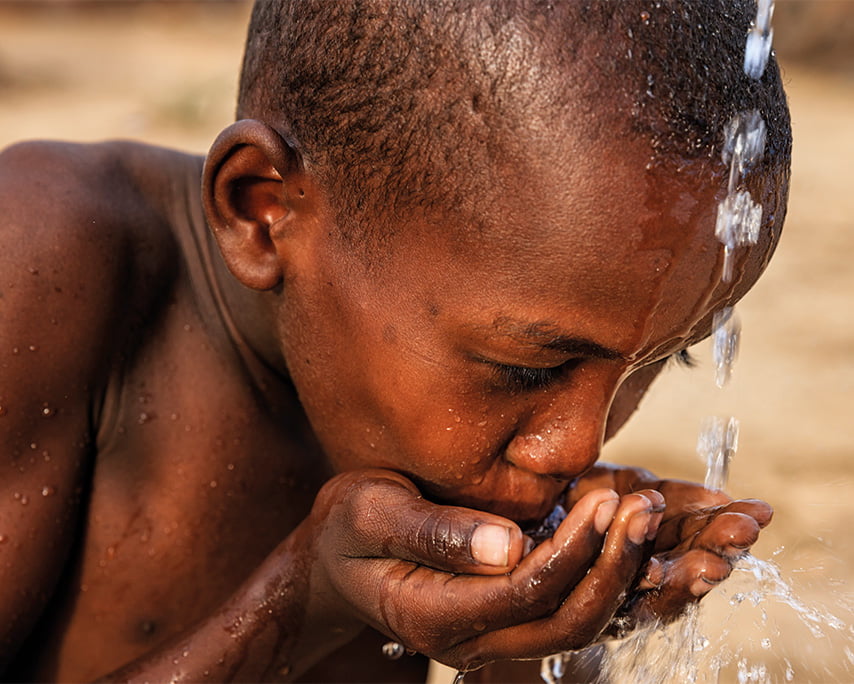World Water Day
Water is essential for life, but its significance extends far beyond mere sustenance. As the world commemorates World Water Day, the theme “Water for Peace” underscores the crucial role water plays in fostering stability, prosperity, and peace globally. Yet, the reality remains that water is becoming an increasingly scarce commodity, posing significant challenges to sustainable development and societal well-being. Despite its critical importance, water scarcity is a pressing global issue. According to the United Nations, the world is projected to face a 40% gap between water supply and demand by 2030, with regions like Africa bearing the brunt of this crisis. Africa is expected to have the greatest increase in water stress levels, exacerbating existing challenges related to food security, health, and economic development.
The vital essence of water
Water is a fundamental human right essential for life and a key driver of sustainable development. Its importance spans across various sectors, including agriculture, energy production, industrial activities and human consumption. Without adequate access to clean water, communities struggle to meet their basic needs, hindering their ability to thrive. Furthermore, water plays a critical role in mitigating the effects of climate change by serving as a buffer against extreme weather events like droughts and floods. Sustainable water management is therefore crucial not only for human well-being but also for environmental resilience.
In regions where water scarcity is prevalent, conflicts often arise due to competition for this scarce resource. However, water has the potential to be a unifying force when managed wisely. Shared water resources, such as rivers and aquifers that cross international borders, highlight the importance of collaborative governance and sustainable management practices. By working together, countries can prevent conflicts over water and instead use it as a platform for cooperation and peace-building. This approach not only ensures equitable access to water but also fosters stronger diplomatic ties between nations.
Moreover, transboundary water cooperation is essential for promoting peace and stability. By sharing water resources, countries foster mutual understanding and trust, leading to enhanced regional cooperation. Sustainable management practices, such as water conservation and efficient use, are key to ensuring the long-term availability of water resources. Additionally, investing in water infrastructure and education can help build resilience to water-related challenges. Overall, recognising water as a catalyst for cooperation rather than conflict is crucial for achieving sustainable development goals and fostering a more peaceful world.
Averting the crisis: action now for a sustainable future
To avert this water crisis, immediate action is needed. Africa needs to prioritise sustainable water management practices, including investing in water infrastructure, promoting water conservation and efficiency, and enhancing water governance mechanisms. These efforts should be complemented by awareness campaigns and education initiatives to instil a culture of water conservation and appreciation.
Additionally, integrating water management into broader development strategies is crucial. By aligning water policies with the Sustainable Development Goals (SDGs), particularly Goal 6: Clean Water and Sanitation, African countries can leverage international support and resources to address their water challenges effectively.
As we celebrate World Water Day, we are reminded of the transformative power of water in promoting stability, prosperity and peace. By recognising water as a fundamental human right and adopting sustainable water management practices, we ensure future generations inherit a world where water is abundant, accessible and a source of cooperation rather than conflict.



